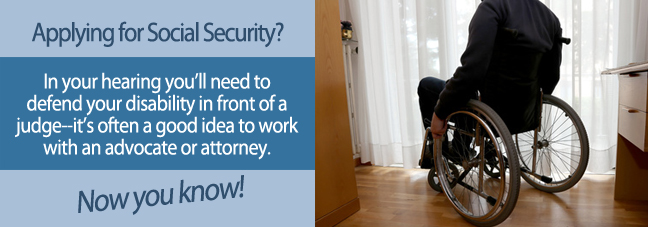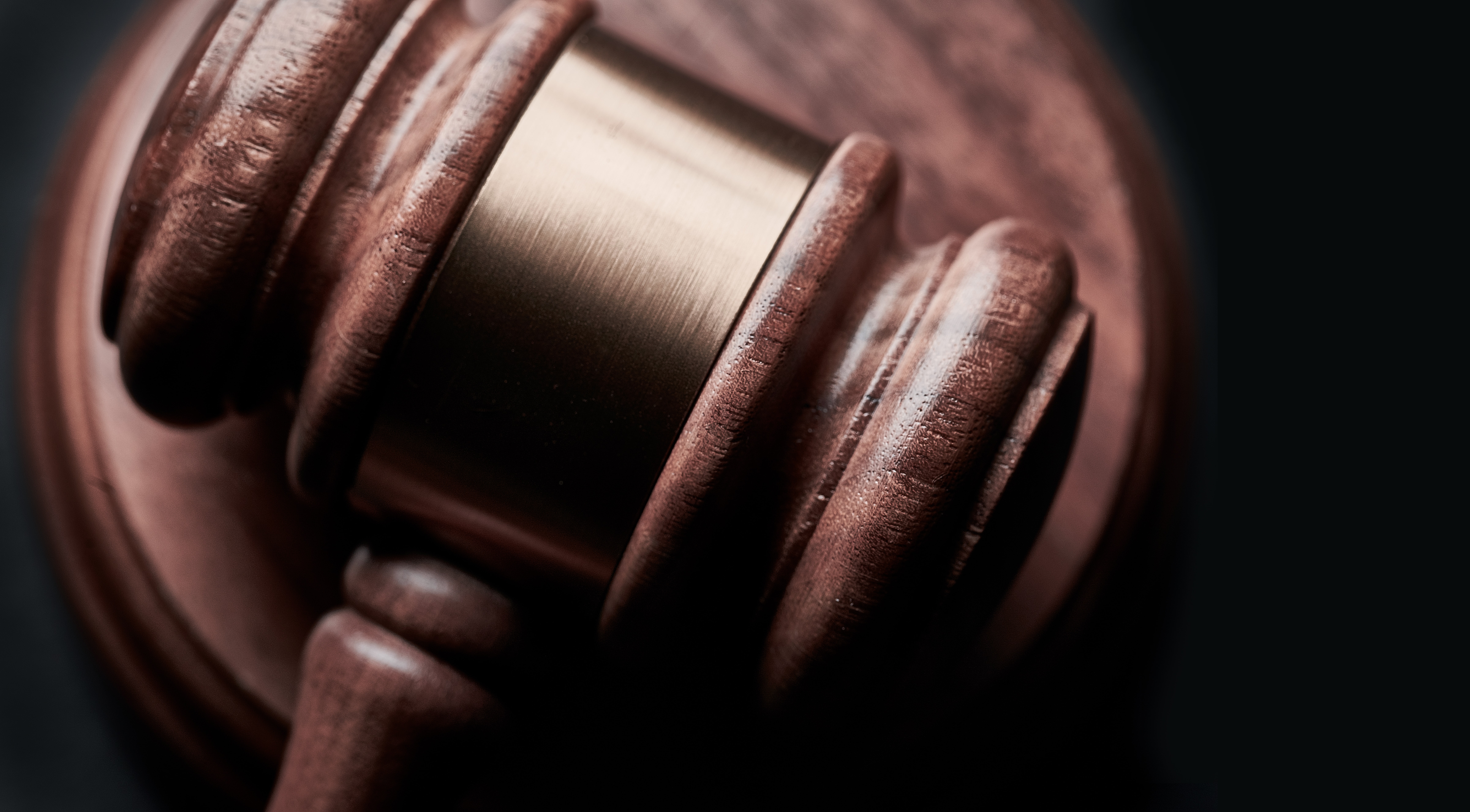Five things that will happen at your Social Security disability hearing include: being questioned by the judge, your disability attorney speaking on your behalf, having an eyewitness (if you have one) speak on your behalf, the ALJ will let you make additional comments and you will get a more clear picture of when you will be getting a decision.
If you were denied disability benefits and then also denied benefits at your reconsideration, your claim will progress on to a disability hearing. Social Security Administration (SSA) hearings are not like regular courtroom hearings. An administrative law judge (ALJ) presides over a disability hearing.
These hearings are not open to the public, so anyone accompanying you will be left in the waiting room. These hearings are usually held in small conference rooms or might sometimes be done by video conferencing.
Those present for a disability hearing will be the claimant, his or her attorney or advocate, the ALJ, an assistant who records the proceedings, and there could be an expert witness or two that has been hired by the SSA to respond to questions related to your particular conditions and case.
While the process can vary significantly depending on the reason a claim was denied and the medical problems of the claimant, there are some general things that will take place at your Social Security hearing.
How Long Does a Disability Hearing Last?
Disability hearings tend to be short. Disability hearings generally last anywhere between 15 minutes to an hour.
Due to current health crisis, depending on where you live some disability hearings may be entirely virtual through video conferencing and others may still be in person.
Your lawyer will be able to tell you if your disability hearing will be virtually or in person.

A vocational expert, as well as a court reporter will probably be at your hearing. You are also able to bring witnesses who can talk about the limitations of your disability on your behalf.
During the disability hearing, after you get sworn in the judge will ask you some questions regarding your employment history, as well as the limitations of your disability.
Then the judge will ask the vocational expert hypothetical questions about what jobs someone with your limitations could do.
After the judge has answered has finished asking all of his or her questions, you may be able say a few words at the very end.
That way you can end it with how your disability does not allow you to work full time anymore. The disability hearings with an ALJ judge are informal and fast because the judge most likely has a lot of cases to go over that day.
What Will Happen At A Social Security Hearing?
Here are the five things that you can expect to happen at your disability hearing.
- #1:You, as the claimant, will be questioned by the judge. These questions revolve around the medical problems, any medical treatment, any past employment, educational background, and how the medical problems impact your life. You need to be ready to discuss any limitations caused by your medical problems and how your daily life is impacted. You need to answer these questions honestly, being sure to not leave anything out.
- #2:Your attorney or advocate can speak on your behalf. This individual can speak on your behalf to argue your case. In some instances, this persona might ask you additional questions to show the judge more in-depth about your condition.
- #3:Any expert witnesses in attendance will be asked about your condition and any work you would be able to do with your medical problems. These individuals provide details about your ability to work and sustain at a particular job or what jobs they feel you are suited to perform despite your medical problems.
- #4:You might be asked additional questions by the ALJ. Usually, the ALJ will ask if you would like to make additional comments.
- #5:You won't receive a decision that day. It can take up to 30 days to be notified of the judge's decision. Sometimes, in extenuating circumstances, the judge can issue a bench decision to let you know if your claim is going to be approved or not.

Signs You Won Your Disability Hearing
At your disability hearing, are there signs that you won your disability case? The answer is that there could be signs that may hint on whether you have won your disability case or not.

Even if there aren’t any hints at your disability, it doesn’t mean that you have lost your case. For example, at the end of the hearing and the judge doesn’t ask any further questions.
That could mean that you and your attorney developed a sound case that you are unable to work because of your disability. No questions could also mean that there are no loopholes in your case that the judge wants further questions on.
Another sign that you won you won your disability case is that if you provide enough medical evidence and documents to prove that your disability hinders your ability to work full time.
The more medical evidence you have to back up your claim, the better your chances are that you will be approved for disability benefits.
Signs You Lost Your Disability Hearing
There may not be any signs you lost your disability hearing, but there are certain things that can happen during your disability hearing that could set you up to lose that you want to avoid doing. You do not want to be over exaggerating or under stating your symptoms, not preparing and making vague statements in front of the ALJ as well as not observing courtroom etiquette.
At the hearing, the ALJ will question you about your symptoms and you don’t need to over exaggerate what you are experiencing because of your disability. All you need to do is to provide the evidence that shows you are unable to work due to your disability for at least 12 months. This means telling the truth and being realistic in relation to the things you can’t do.
Making vague statements may affect the outcome of your hearing so rather than answering “a lot” when questioned by the ALJ about your pain be more specific and use words like shooting, burning or biting. State how frequently the pain occurs and how it prevents you from leaving your home.
Subjects may want to avoid at the hearing are having a criminal record or drug abuse as well as information about any family members receiving disability or unemployment benefits.
Before the date of the hearing, you should look over the application you made for disability benefits and the medical report that has been included to support your application. If there are some facts in your medical record that don’t look good, like not taking prescription drugs when told to do so or being too dependent on pain killers the ALJ will ask you to explain these facts.
Why You Should Speak With an Attorney or Advocate
Your attorney or advocate can help you prepare for the hearing and let you know what to expect. They will go over any practice questions with you and familiarize you with the process so you will feel comfortable responding to any of the questions you are asked.
By working with a disability attorney, your disability attorney improves your chances of getting approved for disability benefits rather than going in it alone.

Disability attorneys are paid on what is called a contingency fee basis. That means that your attorney only gets paid if you win your disability case. You do not have to pay your attorney an upfront fee.
A disability attorney can help make sure all of your medical documents are in order to prove your case for disability benefits and your disability attorney can help state a comprehensive and cohesive case that you can no longer work full time because of your disability.
Those who have an advocate or attorney representing them at a Social Security hearing have a 60% chance of being approved for disability benefits. If you have applied for disability benefits and your claim was denied, you should schedule a consultation with a disability advocate or attorney today.